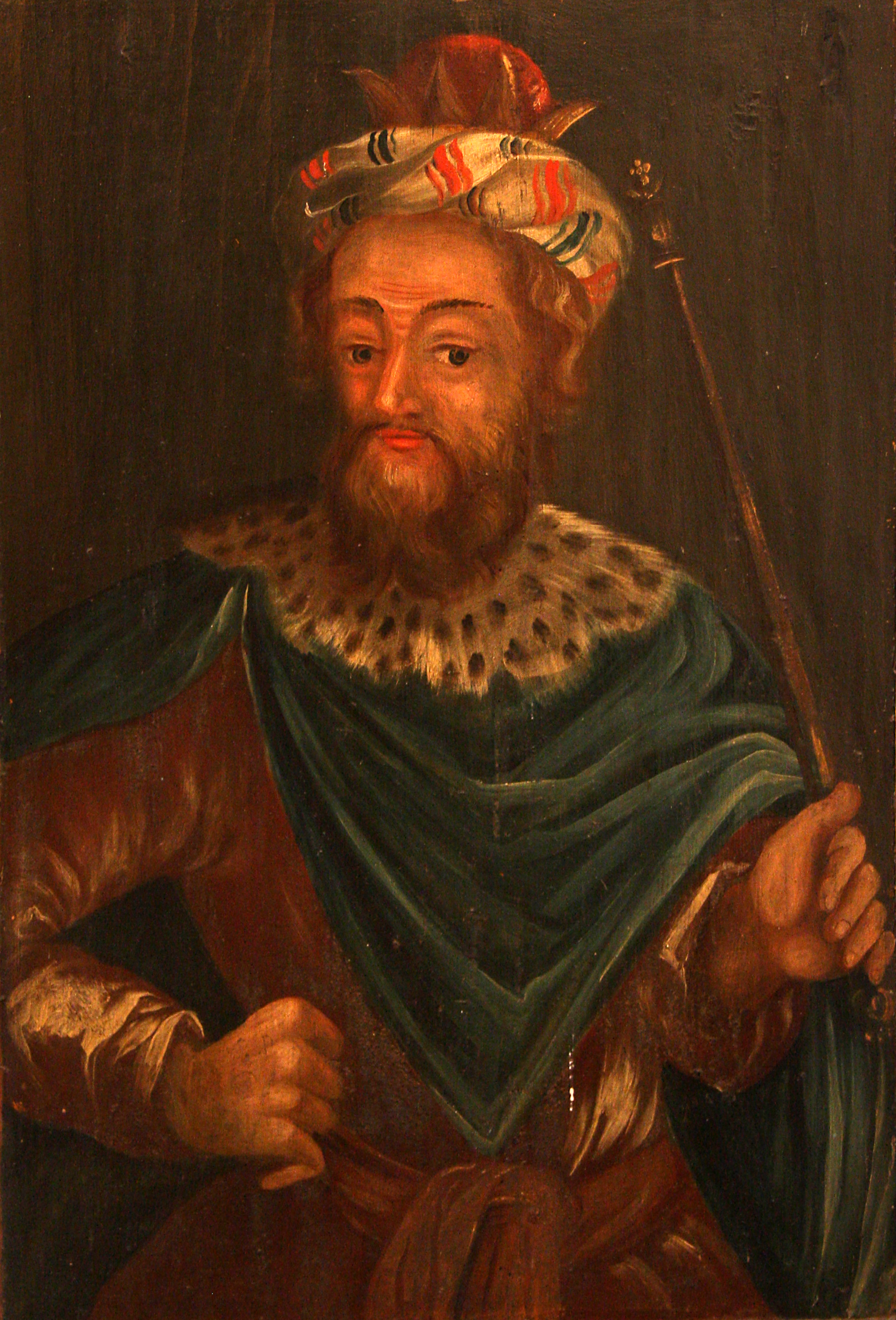Josiah
 Josiah (; ) or Yoshiyahu (, literally meaning "healed by Yah" or "supported of Yah") was the 16th king of Judah (–609 BCE). According to the Hebrew Bible, Josiah ascended to the throne at the age of eight following the assassination of his father, King Amon and reigned for 31 years, during which he expanded Judah and initiated major religious reforms, centralizing worship in Jerusalem and eliminating the worship of foreign gods.
Josiah (; ) or Yoshiyahu (, literally meaning "healed by Yah" or "supported of Yah") was the 16th king of Judah (–609 BCE). According to the Hebrew Bible, Josiah ascended to the throne at the age of eight following the assassination of his father, King Amon and reigned for 31 years, during which he expanded Judah and initiated major religious reforms, centralizing worship in Jerusalem and eliminating the worship of foreign gods.The biblical account of Josiah's reforms, especially the removal of idol worship and the destruction of high places, has traditionally been considered historically accurate. The accuracy of these descriptions is now widely debated among scholars with some denying their historicity entirely and some arguing for the historicity of the reforms. There are no direct reference to Josiah in other contemporary texts from Egypt or Babylon, and no inscriptions bearing his name; however, a seal bearing the name "Nathan-melech," an official mention as being under Josiah in , was discovered ''in situ'' in an archeological site in Jerusalem. Most scholars agree that Josiah existed.
The Deuteronomistic History, a collection of biblical texts that evaluate the reigns of Israelite and Judahite kings based on their adherence to the laws of Deuteronomy discusses Josiah’s reign. Josiah is depicted as the most righteous king in this tradition, the only one to fully implement the reforms outlined in the "Book of the Law." Provided by Wikipedia
-
1

ArtigosOther Authors: “…ALVES, Josias.…”
Located: AP2
Documentos do Instituto Jonesby INSTITUTO JONES DOS SANTOS NEVESOther Authors: “…Josias…”
Published 1992
Subjects:Located: IJ00763Call Number: 10608/97 9736/93